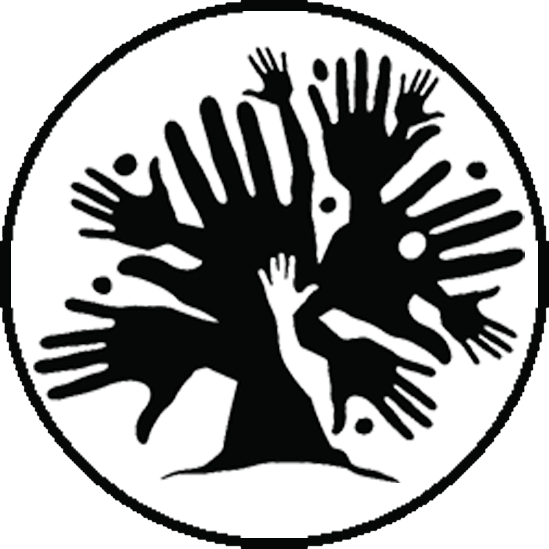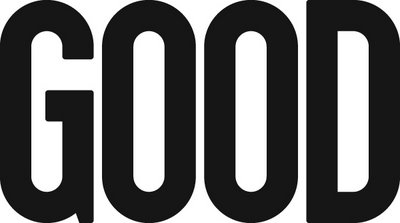Crowdfunding for sustainable agriculture projects.
In Defense of Food
Journalist-turned-food-expert, Michael Pollan's poignant advice on how we can remedy both our health and our food system can be summarized in three simple rules: EAT FOOD, MOSTLY PLANTS, NOT TOO MUCH. I will try to summarize his main points below using many of Pollan's own headings, but the way the author compellingly fleshes out each point should not be missed.
GETTING OFF NUTRITIONISM
Escape from the western diet
EAT FOOD: Food defined
- Don't eat anything your great grandmother wouldn't recognize as food.
- Avoid food products containing ingredients that are a) unfamiliar, b) unpronounceable, c) more than five in number, or that include high-fructose corn syrup.
- Avoid food products that make health claims.
- Shop the peripheries of the supermarket and stay out of the middle.
- Get out of the supermarket whenever possible
MOSTLY PLANTS: What to eat
- Eat mostly plants, especially leaves.
- You are what you eat eats too.
- If you have the space, buy a freezer.
- Eat like an omnivore.
- Eat well grown food from healthy soils.
- Eat wild foods when you can.
- Be the kind of person that takes supplements.
- Eat more like the French, or the Italians, or the Japanese, or the Indians, or the Greeks.
- Regard non-traditional foods with skepticism.
- Don't look for the magic bullet in the traditional diet.
- Have a glass of wine with dinner.
NOT TOO MUCH: How to eat
- Pay more, eat less.
- Eat meals.
- Do all your eating at a table.
- Don't get your fuel from the same place your car does.
- Try not to eat alone.
- Consult your gut.
- Eat slowly.
- Cook and, if you can, plant a garden.
GOOD Magazine
GOOD is an integrated media platform that promotes, connects, and reports on the individuals, businesses, and non-profits who want to live well and do good. Good produces a website, a quarterly magazine, and online video content covering a variety of topics, including the environment, education, urban planning, design, food, politics, culture, and health. GOOD's mission is to provide content, experiences, and utilities to serve this community. Launched in September 2006, the company has garnered praise for its unique editorial perspective and fresh visual aesthetic and is quickly positioning itself as a significant new voice in our culture.
What should be the role of the United States' prison system? GOOD's Alex Gorosh explores the issue, in verse. Listen closely.
World Wide Opportunities on Organic Farms (WWOOF)
Sometimes called "Willing Workers On Organic Farms", WWOOF is a network of national organisations that facilitate placement of volunteers on organic farms. WWOOFing aims to provide volunteers with first-hand experience in organic and ecologically sound growing methods, to help the organic movement, and to let volunteers experience life in a rural setting or a different country. WWOOF volunteers ('WWOOFers') generally do not receive financial payment. The host provides food, accommodation, and opportunities to learn, in exchange for assistance with farming or gardening activities. A fantastic way to spend your time abroad and meet great people while traveling on a budget. Highly recommended!
Below is the trailer to the upcoming documentary about the organization.
Center for Agroecology and Sustainable Food Systems (CASFS)
The mission of the Center for Agroecology & Sustainable Food Systems (CASFS or the Center) is to research, develop, and advance sustainable food and agricultural systems that are environmentally sound, economically viable, socially responsible, nonexploitative, and that serve as a foundation for future generations.






